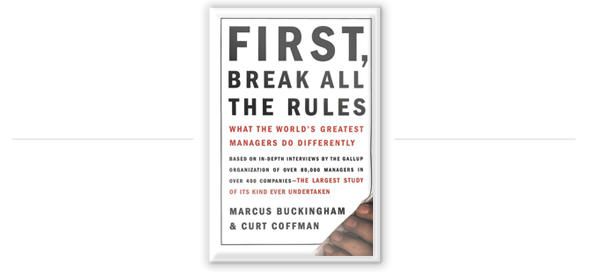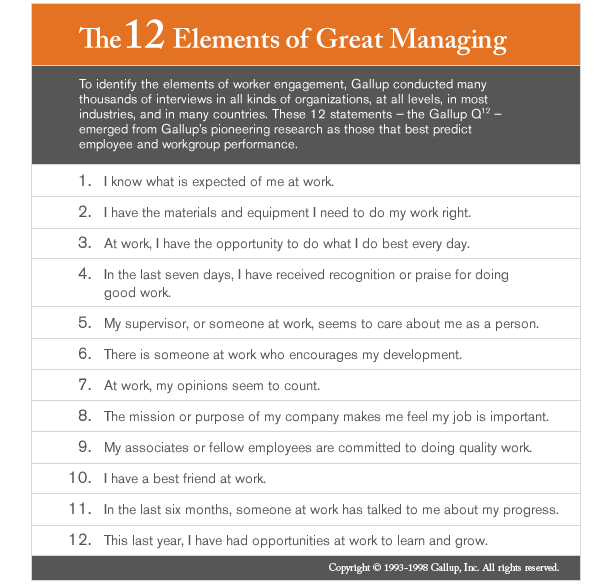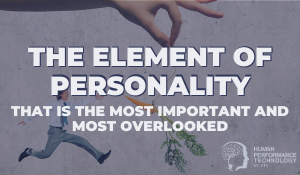People Leave Managers, Not Companies
“All truly wise thoughts have been thought already thousands of times; to make them truly ours, we must think them through over again honestly, till they take root in our personal experience." — Goethe There is probably no saying in business that currently deserves more attention (and excessive repetition) than, “People leave managers, not companies.”
Just as researchers now generally agree that the single most important factor affecting student achievement in schools is the quality of one’s teacher, so too it goes that the single most important predictor of a person’s job performance and happiness in the workplace comes down to their immediate manager.
Bring to mind one of your favourite teachers from high school or university. What do you remember about them? Were they better communicators than your other teachers? Friendlier? Funnier? More caring, perhaps? Did you enjoy learning about that subject as a result? Were your grades better for it?
Now, can you remember a teacher who you loathed? Would you have left their classroom immediately, if you could?
Bad managers and bad teachers share many things in common. Usually they are good at 'instructing', but very sucky at coaching, which makes people want to leave. Fast.
Staff turnover is a very costly problem for businesses. So, too, is disengagement. That is, people who are doing the minimum to get by, who aren’t really committed to the business, and are basically just there for the pay cheque.
These are not new problems. Words like retention, turnover, morale, motivation, job satisfaction, and commitment are very familiar to business leaders, but in recent years they have been unified under a new name: employee engagement.
Employee happiness is often thought of as an HR issue (“something that HR needs to get off their butts and do something about so that people won't want to leave their jobs”). But this is a misnomer. Engagement is, at heart, really a managerial issue. (One that all managers need to put at the centre of their existence).
In fact, some people don’t like the term employee engagement at all and have suggested it should be killed — call engagement what it really is: good management.
“I am soooooo over the concept of employee engagement. Really over it. You don’t need a program to improve employee engagement; you need a program to improve management skills and capability. Employee engagement is an *outcome* of good management.”
— Jennifer Frahm
Origin of the Phrase: “People Leave Managers, Not Companies”
The phrase is generally believed to originate with the book First, Break All the Rules: What The World's Greatest Managers Do Differently (1999), by Marcus Buckingham and Curt Coffman; two researchers from the Gallup Organisation.

(See: The 15 Most Popular Leadership & Management Books)
The book was based on Gallup’s in-depth interviews of over 80,000 managers in over 400 companies. Buckingham and Coffman discovered that the conventional wisdom about what was most important for employee retention was wrong. It was not compensation, benefits or the company work environment. It turned out that the most decisive factor in employee retention was the quality of the employees' relationship with their manager.
Gallup has done the most comprehensive analysis of employee engagement done in the world. As part of their research, Gallup found 12 things that best predict engagement and performance.

Notice that nearly all the questions are directly influenced, to a greater or lesser extent, by one’s immediate manager?
Just like great teachers, there is a tremendous need for managers to be good coaches, skilled at building trust, able to help others learn and grow, able to listen and not just boss … in short, great managers, like great teachers, need emotional intelligence.
Learn More About Emotionally Intelligent Management:
Developing one’s emotional intelligence is at the core of engagement, since developing a manager’s EQ is the implied goal of virtually all leadership and management training.

Theo Winter
Client Services Manager, Writer & Researcher. Theo is one of the youngest professionals in the world to earn an accreditation in TTI Success Insight's suite of psychometric assessments. For more than a decade, he worked with hundreds of HR, L&D and OD professionals and consultants to improve engagement, performance and emotional intelligence of leaders and their teams. He authored the book "40 Must-Know Business Models for People Leaders."


/the%20most%20important%20leadership%20ability.png?width=374&name=the%20most%20important%20leadership%20ability.png)
We Would Like to Hear From You (0 Comments)